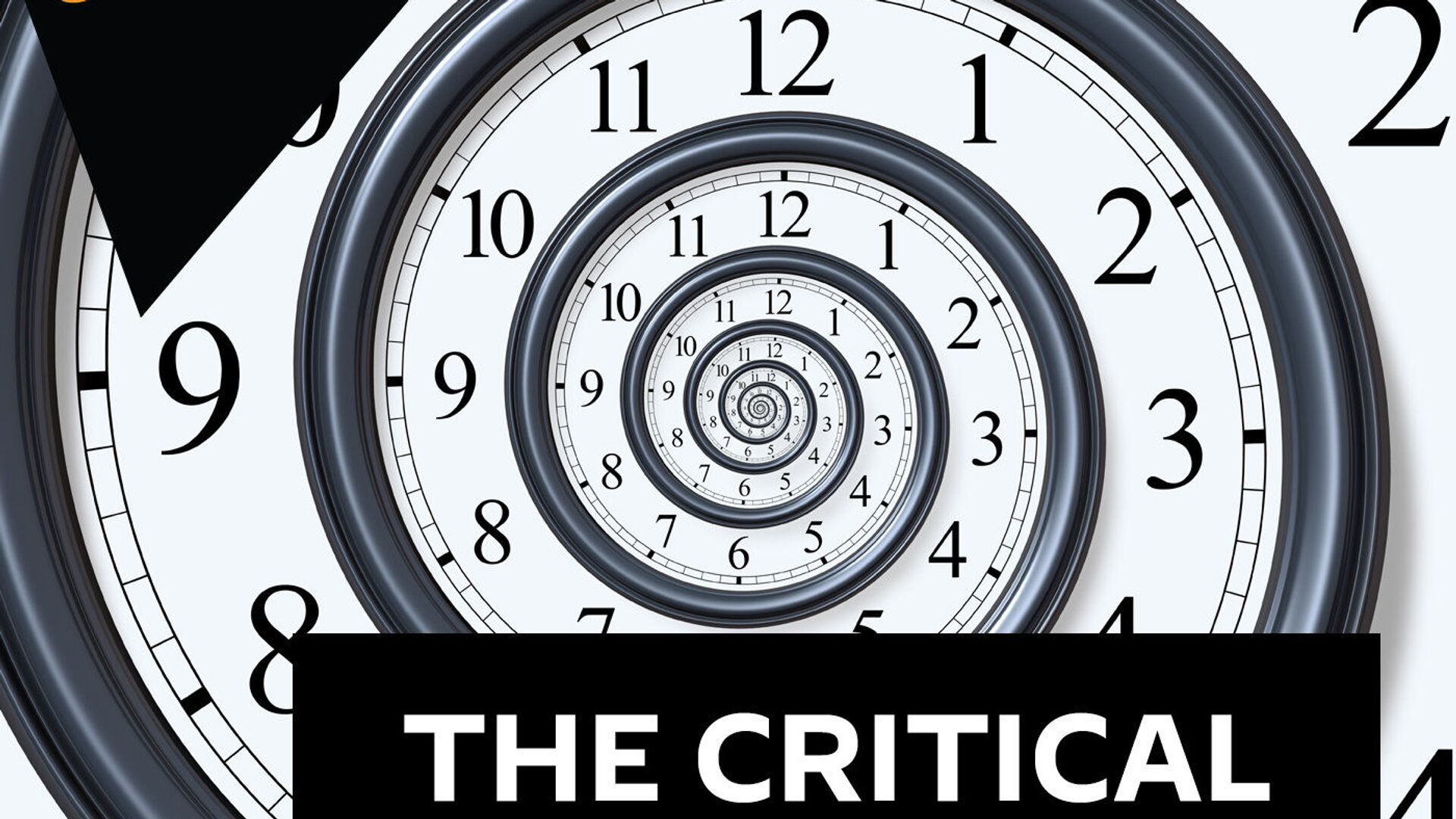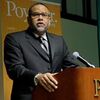Laith Marouf, broadcaster and journalist based in Beirut, Lebanon, joins us to discuss Iran. Iran's new president, Ebrahim Raisi, is known as a conservative hardliner with close ties to the Islamic Republic's Supreme Leader. Described by outside observers as a hardliner, Raisi has already stated that he does not intend to sign off on a nuclear deal unless it serves the interests of Iran.
Ted Rall, political cartoonist and syndicated columnist, joins us to discuss the media. An enlightening Washington Post article featured a picture of newspaper owner Jeff Bezos and argues that it is wrong to raise taxes on billionaires. Also, Robert Reich argues that the US's biggest enemy is not China, but the drift towards proto-fascism. Reich also explores the US history of blaming outside entities for our own shortcomings.
Mark Sleboda, Moscow-based international relations security analyst, joins us to talk about Russia. The US is preparing another list of sanctions against Russia, this time regarding a convicted embezzler named Alexei Navalny. Also, US civil rights observers are arguing that the focus on Navalny should be ditched and refocused on the many people who are languishing in prison in the US for minor drug crimes. Currently, a Louisiana father of seven is serving over 13 years in jail for approximately one gram of marijuana.
Ray McGovern, former CIA analyst and co-founder of the Veteran Intelligence Professionals for Sanity, joins us to discuss his latest article about US-Russia relations. Ray argues that President Biden's foreign policy team is woefully misinformed in their quest to break the strategic partnership between Russia and China. Also, Ray discusses President Putin's comment regarding lightning flashes of trust between him and the US president.
William J. Astore, retired lieutenant USAF colonel and a senior fellow at the Eisenhower Media Network, joins us to discuss his latest article. Lieutenant Astore discusses the myriad of military failures experienced by the United States over the last several decades, and warns that a continuance of the current foreign policy track will guarantee similar outcomes in future endeavors.
KJ, Noh, writer and peace activist, joins us to discuss China. Armin Laschet, the current frontrunner to succeed German Chancellor Angela Merkel, has stated that he opposes a cold war against China. Mr. Laschet also called for western states to cool tensions with Russia, insisting they must “establish a sensible relationship” with Moscow.
Danny Shaw, professor of Latin studies, joins us to discuss Venezuela. President Biden has rejected calls for stopping the draconian sanctions against Venezuela. Also, a bilateral meeting has been scheduled for Tuesday, June 22, between the Minister of Foreign Affairs of the Bolivarian Republic of Venezuela, Jorge Arreaza Montserrat, and his counterpart from the Russian Federation, Foreign Affairs Minister Sergei Lavrov.
Scott Ritter, former UN weapon inspector in Iraq, joins us to discuss NATO. Quincy Institute president Andrew Bacevich's new book, "After the Apocalypse,'' argues that the US needs to make several radical foreign policy changes, starting with ending all involvement with NATO. Also, Jeremy Kuzmarov argues that President Biden's current foreign policy plans to increase military spending in NATO will increase the odds of war.
We'd love to get your feedback at radio@sputniknews.com




